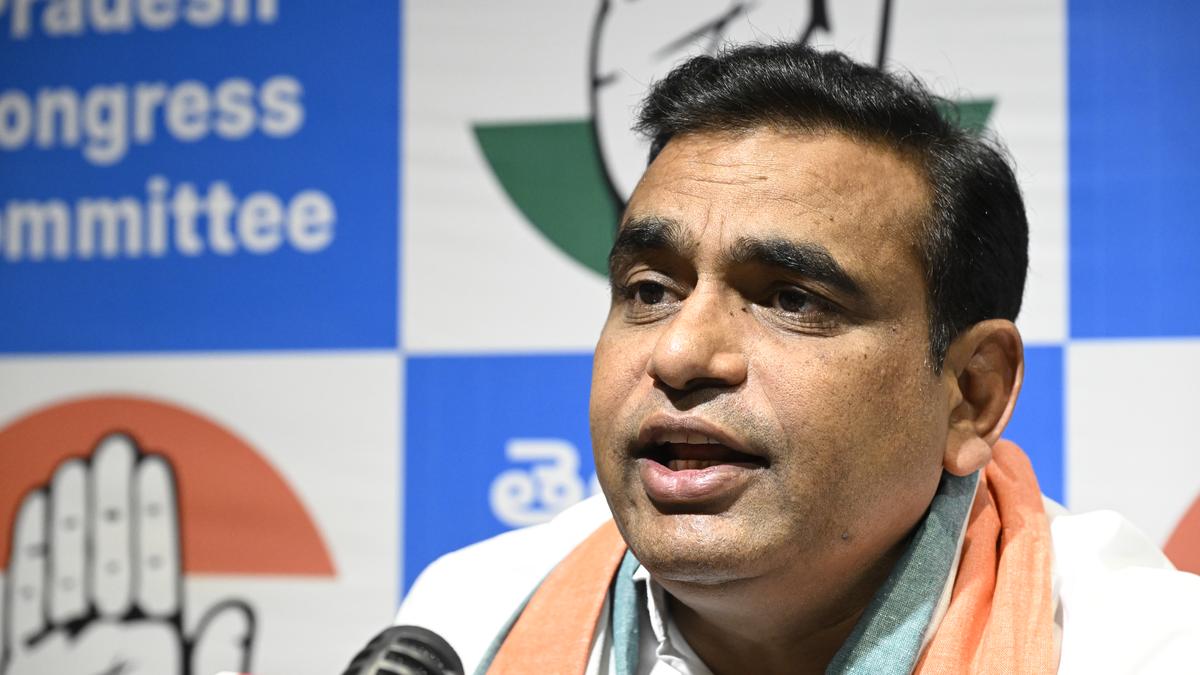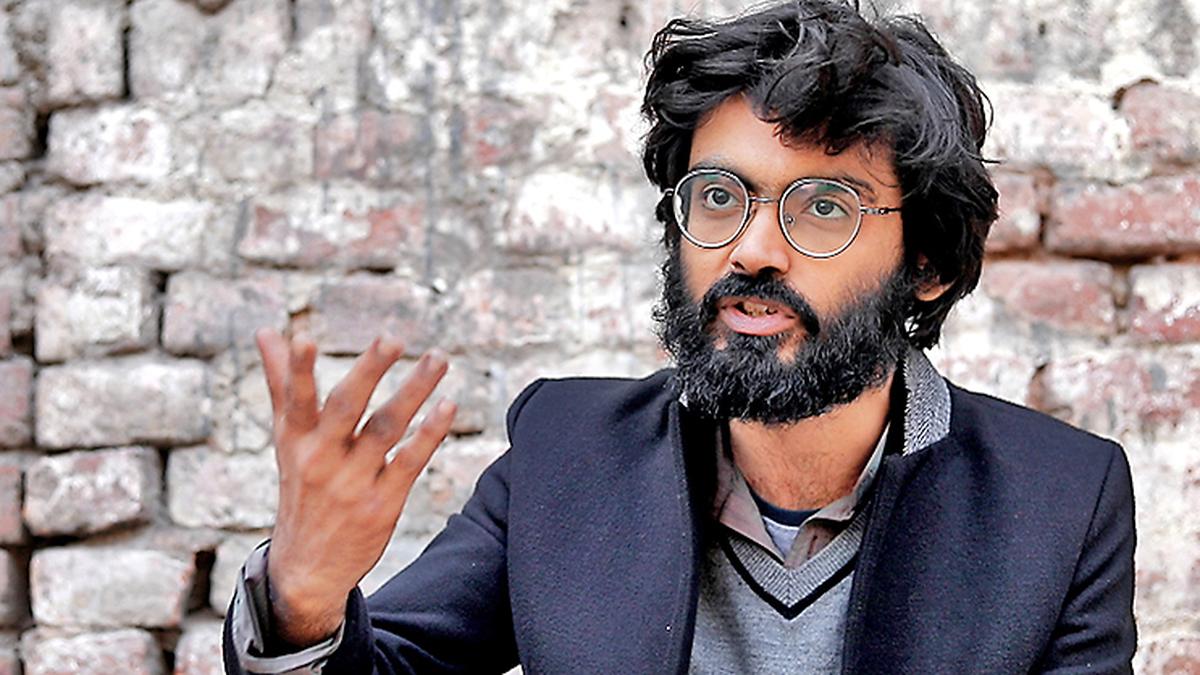Now Reading: Congress MPs Call for Skill Upgrades to Tackle AI Challenges
-
01
Congress MPs Call for Skill Upgrades to Tackle AI Challenges
Congress MPs Call for Skill Upgrades to Tackle AI Challenges

Rapid Summary
- Bhuvanagiri Congress MP chamala Kiran Kumar Reddy highlighted the need for the Indian government to invest in skill upgrades to counter challenges posed by Artificial Intelligence (AI) and protect vulnerable workers.
- He participated in a roundtable conference on “artificial Intelligence and it’s impact on Jobs and Gender Bias,” held by Friedrich-Ebert-Stiftung (FES) in Goa, alongside Warangal MP Kadiyam Kavya, narayanpet MLA Chittem Parnika Reddy, and leaders from CPI, CPM, and Congress.
- Mr. Reddy emphasized collaboration between industry, government, and educational institutions to minimize job displacement effects from AI advancements. He also called for social security frameworks and formalization of informal employment during this transition.
- MP Kadiyam Kavya pointed out digital inequities affecting women in low-and-middle-income countries during her address at the event. She revealed data showing that only 75% of women own mobile phones compared to 85% of men; smartphone ownership among women is only 35%.
- Ms. Kavya lauded Telangana initiatives like the Indira Mahila Shakti program under Chief Minister Revanth Reddy that aim to empower women through targeted interventions addressing digital gaps with affordability measures, skills training, and better infrastructure development.
Indian Opinion Analysis
The discussion reflects critical contemporary concerns regarding how Artificial Intelligence will reshape India’s economy-notably its impact on workers’ security as automation increases across industries. Calls for collaboration among stakeholders such as government bodies, educational institutions, and private players signal a proactive approach toward ensuring a smoother technological transition while safeguarding vulnerable groups such as informal laborers.
The presentation highlighting gender inequities connected with digital access underscores broader developmental issues facing India concerning inclusion in digital growth strategies-especially focusing on underserved populations like women from rural or lower socio-economic backgrounds.
Lastly,emphasis on initiatives like Telangana’s Indira Mahila Shakti programme showcases state-led models helping mitigate disparities through targeted schemes that could serve as case studies nationwide if scaled effectively.
Read more: The Hindu
























